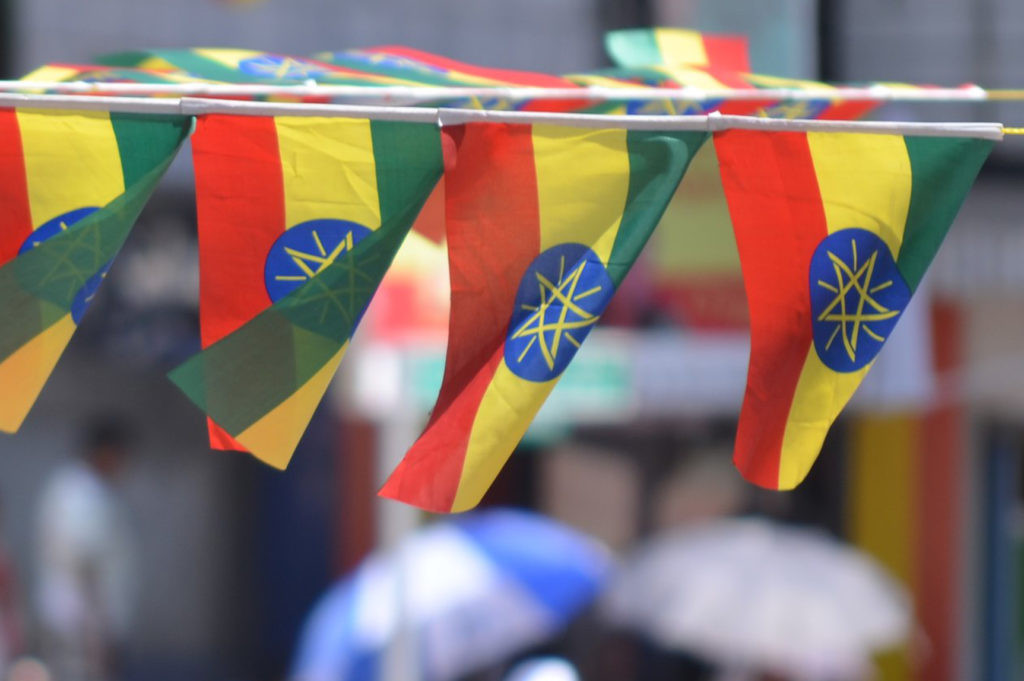Partnerships in Difficult Environments
In Ethiopia
The adoption of the new Proclamation on civil society organizations in February 2019 marked a major turning point for Ethiopia.
It replaced the 2009 Charities and Societies Proclamation, which was considered one of the most restrictive civil society laws in the region. The law severely weakened civil society’s ability to function. Many Ethiopian organizations, especially those dedicated to sustainable development, human rights, and fundamental freedoms, were forced to operate with minimal international support or abandon some activities entirely. Within two years of its passage, the number of registered organizations in Ethiopia fell by nearly 46%.
During this time, ICNL worked with Ethiopian civil society actors, supporting their efforts to navigate the restrictive legal environment and advocate for change. One long-time partner is civil society law expert Mr. Debebe Hailegebriel, who regularly contributed to ICNL publications and academic research on laws affecting Ethiopian civil society, particularly the troublesome 2009 law.
In 2018, a new administration embarked on a series of legal reforms, aiming to build a more enabling environment for civil society. Hailegebriel was appointed by the government to chair the working group tasked with drafting a new Charities and Societies Proclamation and was able to put his research into action.
ICNL’s long-standing relationships with our partners have contributed to a new Proclamation that will enable Ethiopia’s civil society to start on a new path of growth. If properly implemented, it will create an environment for a flourishing civil society to protect rights and address development challenges.
Published: December 2019

The Right Tools for the Job
The working group had the tools they needed to write a new, progressive law. They used the Guidelines on Freedom of Association and Assembly in Africa – a set of ground-breaking standards produced by the African Commission on Human and Peoples’ Rights with ICNL’s support – as well as ICNL legal analyses and comments.
The comments also informed local civil society organizations’ advocacy efforts throughout the process, including their submissions to parliament during public hearings on the bill.
By nurturing a long-term relationship with Ethiopian civil society, ICNL was able to supply quick, relevant, and actionable support.
This story is from our 2018-2019 Annual Report. Each story in the report shows how our partners across the world help protect and, where possible, expand civic space.
Sign up for our newsletters
Sign up